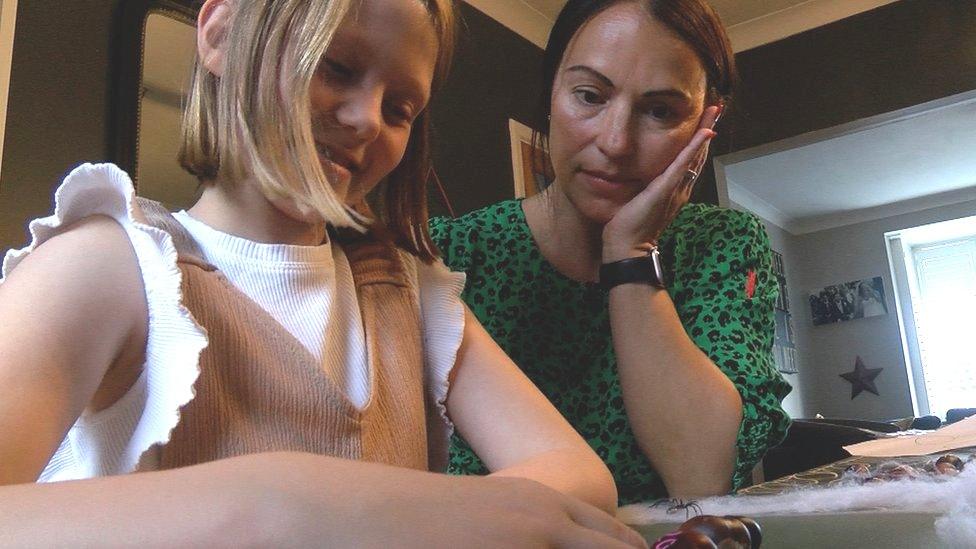The condition that became an EastEnders plotline
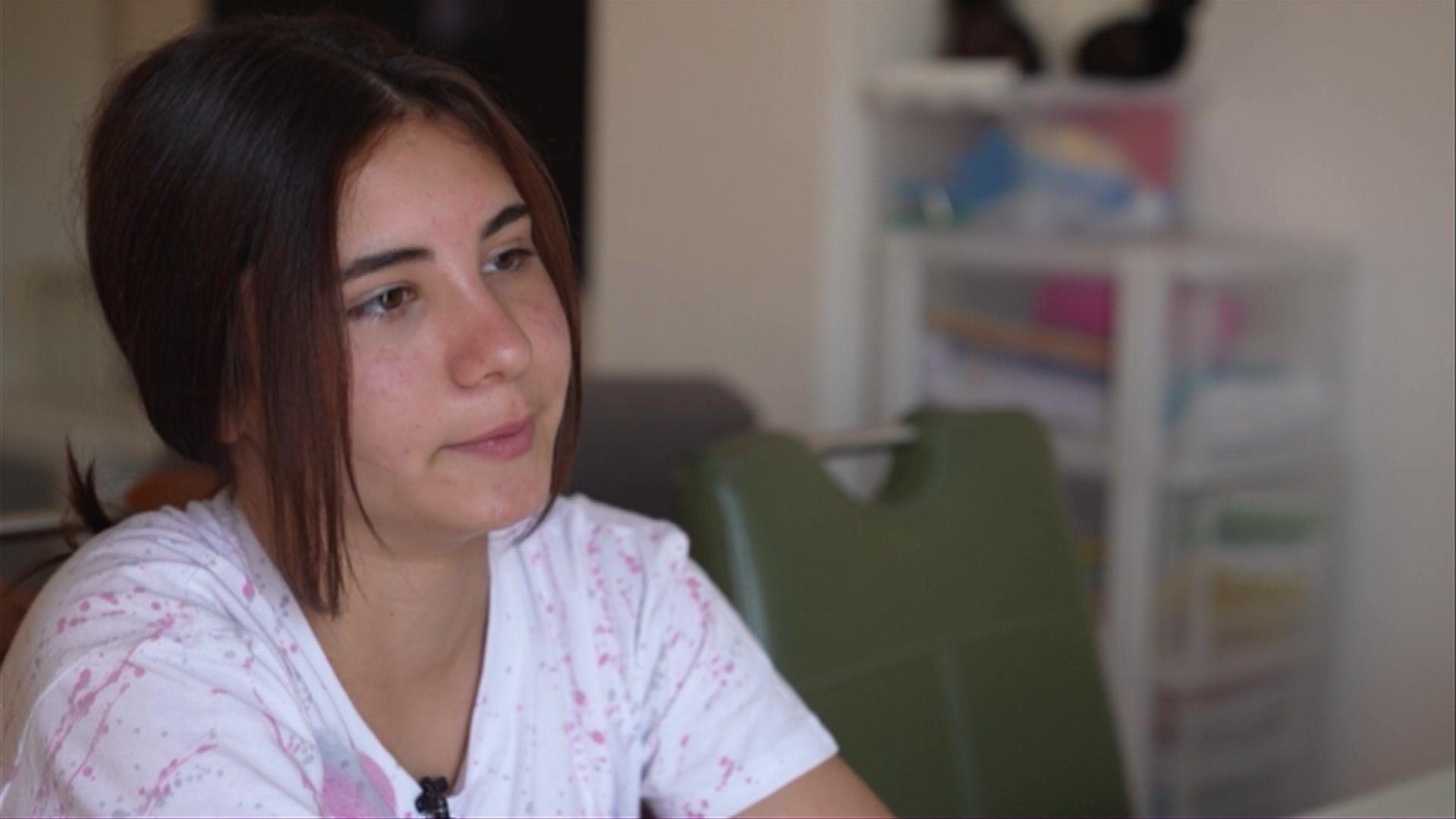
Isla Miller has always found maths difficult
At a glance
The often under-diagnosed condition affecting maths students has taken centre stage in an episode of EastEnders
Isla, who was diagnosed with dyscalculia, talks to the BBC about her experience getting help
The Dyscalculia Network, who spread awareness and support aid on the condition, believes more maths teachers need proper training on the condition
- Published
Twelve-year-old Isla has always found maths difficult but as she started secondary school, she became aware of how it was affecting her.
"I found it a bit off. I knew there was something wrong but I didn't know what it was. I thought there was something wrong with me and it made me feel really different from everyone else," she said.
For her mum Faye, trying to help her at home she began to run out of ideas. "No matter how much homework or support we gave at home, things weren't progressing and if anything we started to feel a bit behind.
"Counting on her fingers, telling time on a clock, estimating how long things might take, all those things have been quite tricky for Isla."
What is dyscalculia?
It was a tutor who helps Isla with her dyslexia who suggested she should get an assessment for dyscalculia. For Isla, putting a name to the condition has helped. "Once I figured out I had dyscalculia it was the biggest relief ever."
Dyscalculia is described by the charity National Numeracy as a "specific and persistent difficulty in understanding numbers which can lead to a diverse range of difficulties with mathematics".
"The issue with dyscalculia is being able to relate the digits in our numerical system with the magnitude or value of a number - so they have no meaning.
"People with dyscalculia couldn't automatically answer the question: "Would it be sensible to pay £4,000 on a pair of shoes or £48 on a small slice of cheddar? The relationship or mapping that number to its value does not develop naturally."
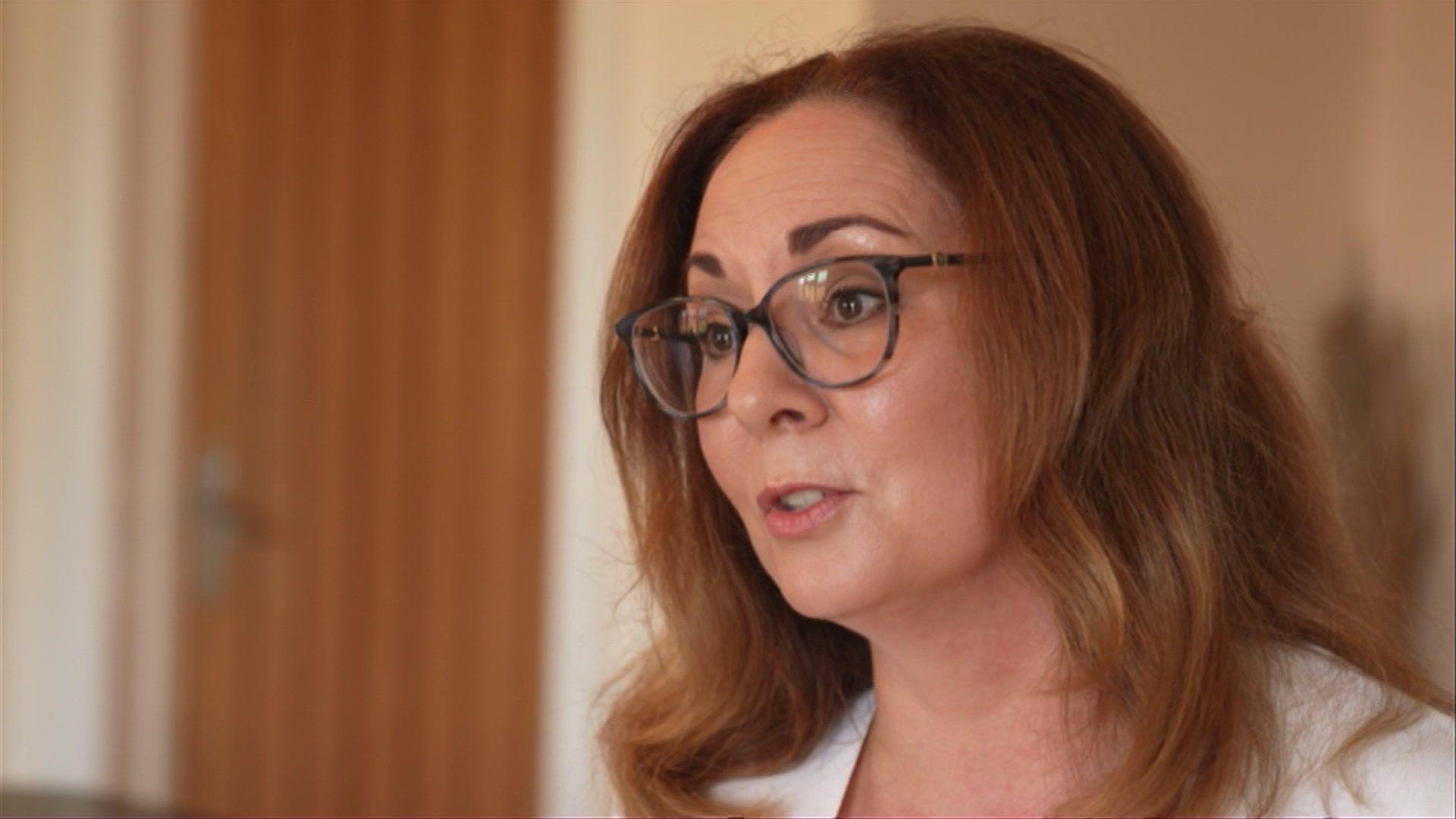
Mum Faye was running out of ideas on how to help her daughter
It's also something that affects people's working memory, for example remembering PIN numbers and getting locked out of accounts and withdrawing the wrong amount of money from cash machines.
The Dyscalculia Network say it affects around 6% of the population - around one million children and two and a half million adults.
Despite that, less than 0.5% of people with dyscalculia are recognised in schools.
They are hoping, however, its recent inclusion in a storyline in EastEnders will help to raise awareness.
In an episode on 17 July, Louie Beale was diagnosed with the condition at school.
"It's like dyslexia but with numbers" is how his mum's character Lauren Branning described it.
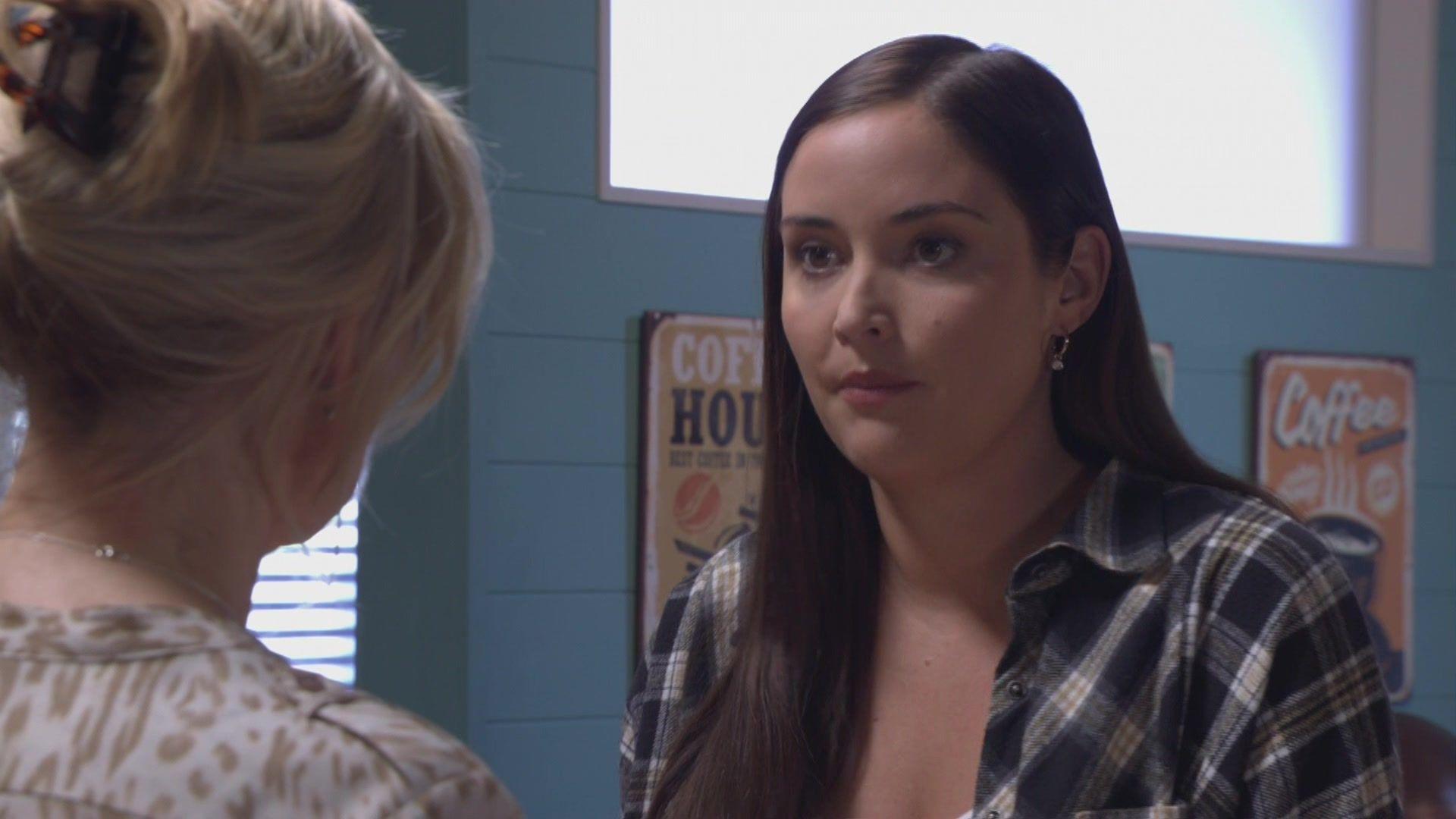
EastEnder's Louie Beale was diagnosed with dyscalculia at school
Except, says the Dyscalculia Network, it's not something as likely to happen in real life.
Cat Eadle from the organisation said: "There's a serious lack of support for students in school with dyscalculia with no compulsory training for maths teachers.
"We would therefore very much like that all maths teachers received compulsory training in dyscalculia included as part of their teaching qualifications and training.
"This would enable them to identify indicators and support.
"Unfortunately, many adults think they are 'bad at maths', lack confidence and don’t have GCSE maths or even foundational life skills maths that they need and this has a huge impact on their daily lives."
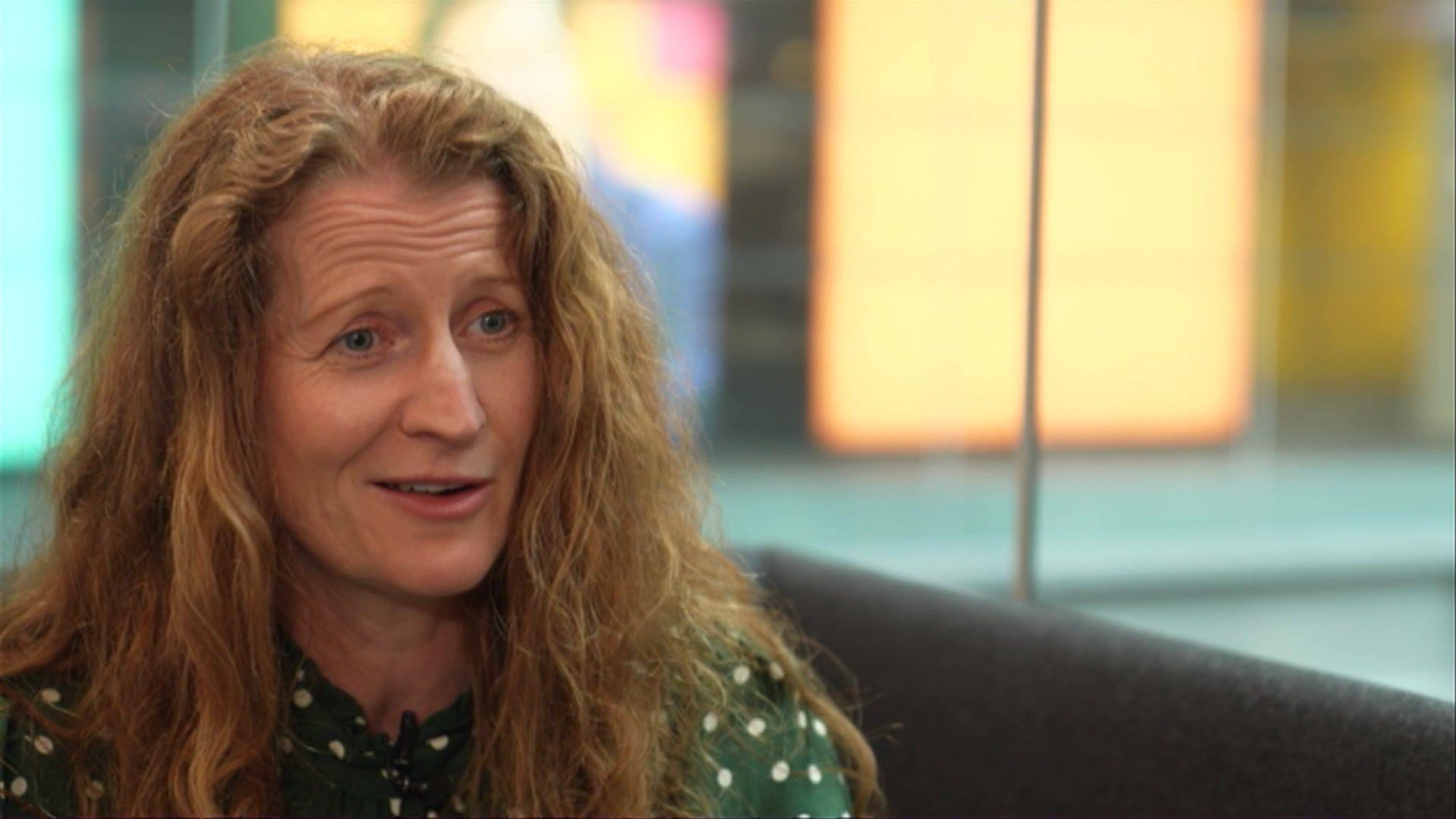
Cat Eadle from the Dyscalculia Network says more training in dyscalculia is needed for teachers
In response, the Department for Education said: "We are clear that the education and care system does not currently meet the needs of all children, particularly those with SEND.
"Learning how to support children with SEND is already part of Initial Teacher Training, and from September all SEND co-ordinators (SENDCO) will be required to take a mandatory qualification so they establish a culture of inclusion in their schools, and identify the needs of SEND pupils early on."
The benefit of early intervention, say the Dyscalculia Network is, that younger people can be supported with interventions that break maths down into manageable chunks. That is what Isla and her mum are now doing.
Her mum Faye says for Isla there was a sense of relief.
"We're learning the basics again, it was taken at a much slower pace, making the teaching more visual which supports her with how she processes number so bit by bit we found we're building the blocks and I found she's actually started enjoying maths. In her words, 'I'm starting to get it.'"
Listen to the best of BBC Radio London on Sounds and follow BBC London on Facebook, external, X, external and Instagram, external. Send your story ideas to hello.bbclondon@bbc.co.uk, external
Related topics
More on dyscalculia
- Published4 November 2022
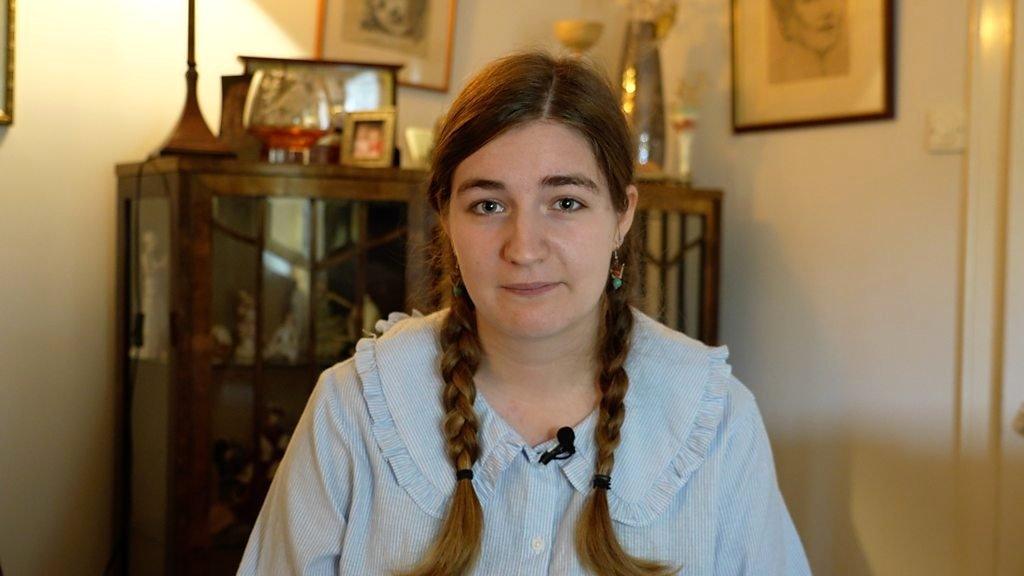
- Published19 April 2023
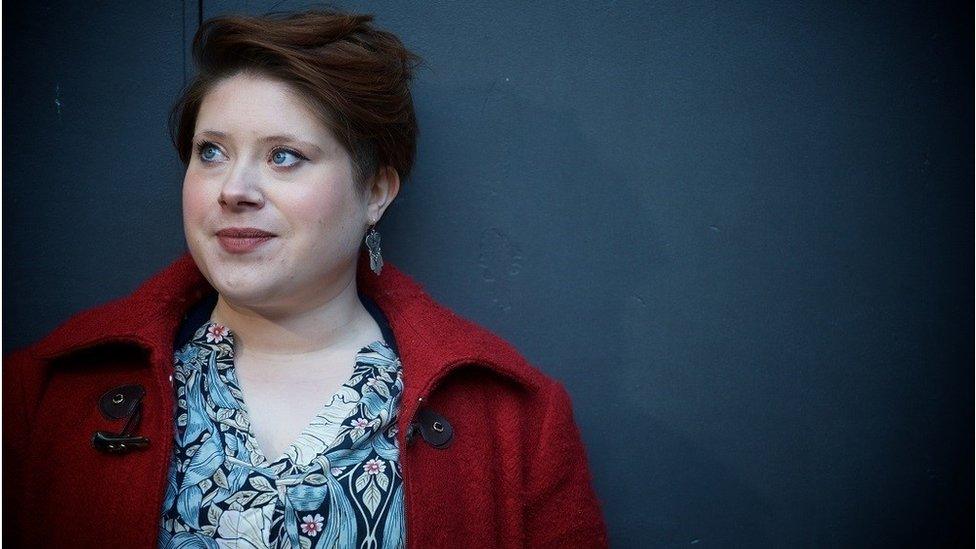
- Published12 October 2023
